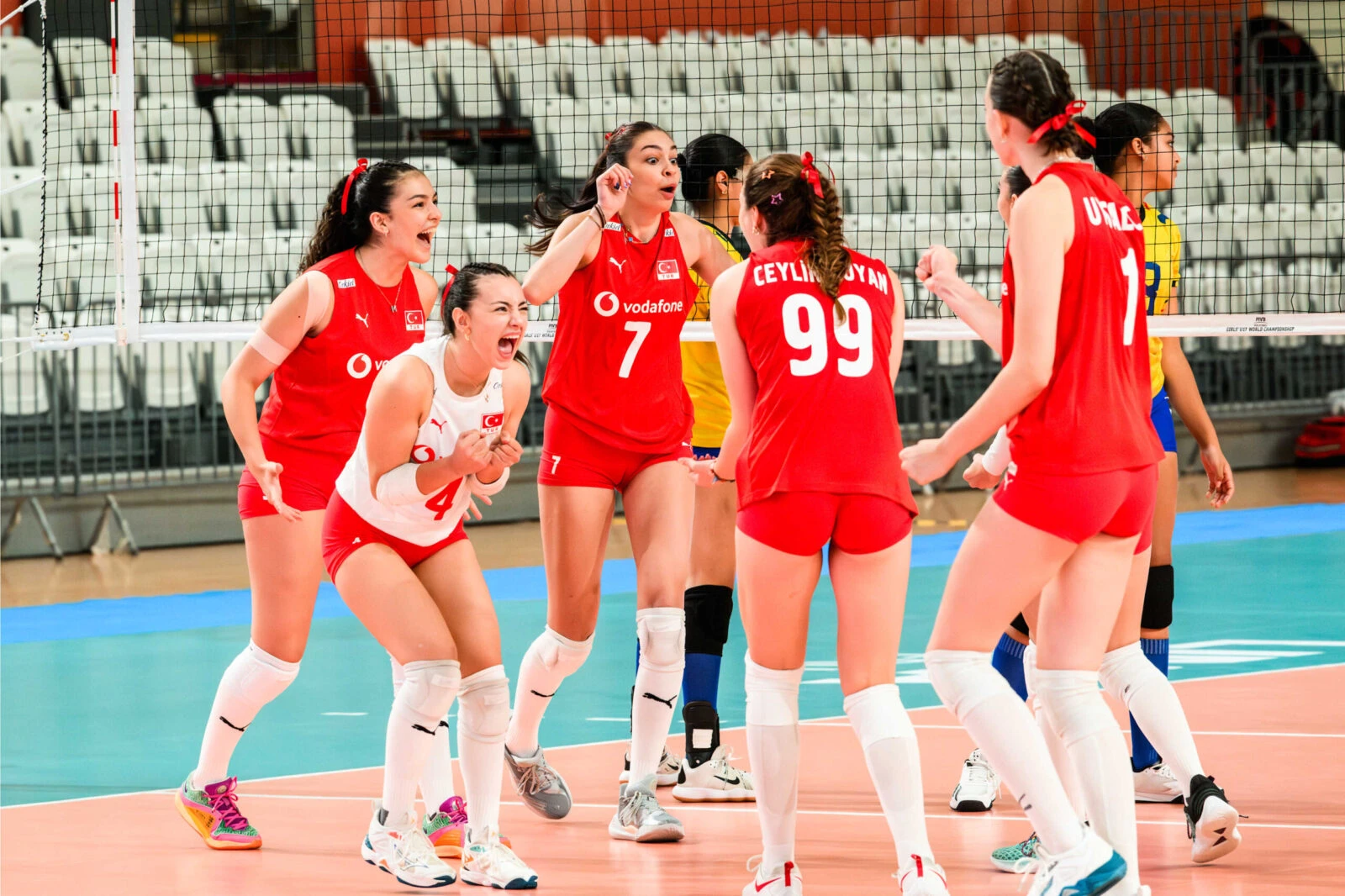Turkey Accepts Tatneft’s $1.3Bln Bid for Refinery
The sale of the 66 percent stake to Tatneft and Turkey’s Zorlu group was backed by the Privatization High Council, comprising Prime Minister Recep Tayyip Erdogan and five ministers, Finance Minister Kemal Unakitan said in a faxed statement.
A labor union pledged to seek cancellation of the deal, criticized by rating agencies and analysts who have said it would add to Tatneft’s heavy debt load.
Unakitan said in the statement that contract talks would begin with winning bidder Efremov Kautschuk, a German-based firm representing the interests of Tatneft, once Turkey’s Official Gazette has published the board’s ruling.
Rating agencies Fitch and Standard & Poor’s put Tatneft on credit watch last month.
Efremov Kautschuk won the tender in a joint bid with the Zorlu Group, which has industrial and financial interests.
Turkey’s privatization program is an important element of its $19 billion loan accord with the International Monetary Fund and analysts said Monday’s announcement gave a boost to the slow-moving sell-off process.
"The Tupras sale is a landmark in that it would provide the government with necessary impulse to push forward with the so long ailing sell-off process," said Simon Quijano-Evans, an analyst at Bank Austria Creditanstalt.
Last year Turkey carried out sell-offs worth $893 million, falling well short of a $4 billion target. Turkey said last month it was looking to raise some 1,600 trillion lira ($1.18 billion) from privatizations in 2004.
"Although the news should underpin asset prices, markets will want to see the sale go through fully before any euphoria sets in, especially taking into account last year’s Petkim and Tekel debacles," Quijano-Evans said.
The privatization administration said in late January it had cancelled a tender for state-run petrochemicals firm Petkim after it failed to attract enough bids.
Turkey is planning to launch a fresh tender to sell the tobacco operations of Tekel as early as March after an initial bid failed to attract high enough bids. The head of the Competition Board, which approved the sale late last month, said the board would monitor any investments to increase Tupras’ capacity in case this hampered new market entrants, in the event the buyers set up a distribution firm.
Tupras, which controls 87 percent of Turkey’s refining market and has a workforce of 4,700, has sought to cut its dependence on volatile Middle East supplies and buy more crude under long-term deals with Russia.



